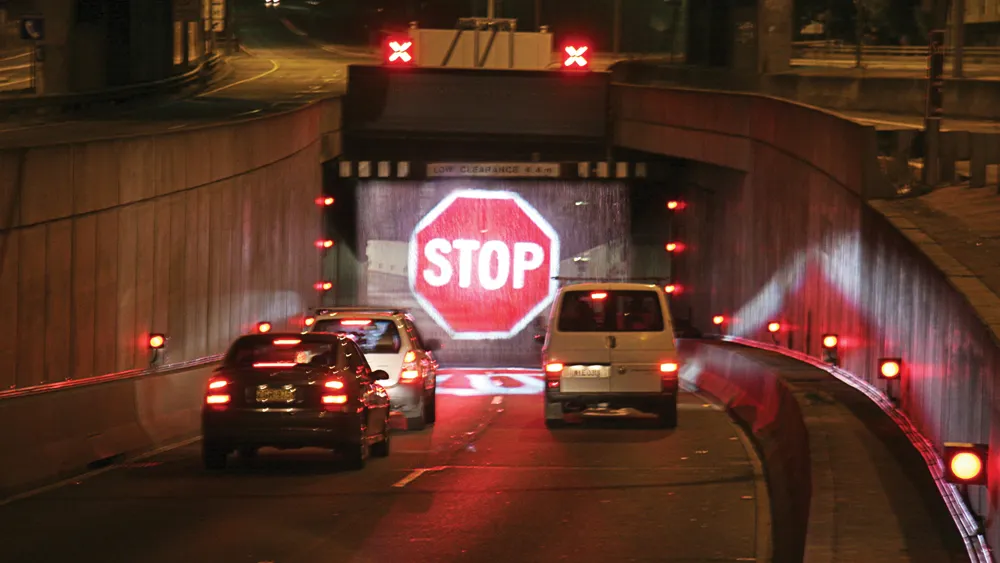New radar traffic cameras that can detect and fine motorists for tailgating will become operational on 1 July, according to a report in The National.
Dubai Police has launched its annual ‘Keep a safe distance’ traffic campaign, quoting tailgating as the third-leading cause of traffic deaths. Tailgating caused 26 deaths in 2014, and 11 deaths between January and May this year.
Police said the system would reduce traffic accidents and fatalities by penalising motorists who fail to observe a safe distanc
June 10, 2015
Read time: 1 min
New radar traffic cameras that can detect and fine motorists for tailgating will become operational on 1 July, according to a report in The National.
Dubai Police has launched its annual ‘Keep a safe distance’ traffic campaign, quoting tailgating as the third-leading cause of traffic deaths. Tailgating caused 26 deaths in 2014, and 11 deaths between January and May this year.
Police said the system would reduce traffic accidents and fatalities by penalising motorists who fail to observe a safe distance between themselves and other vehicles. Motorists must keep five metres between their vehicle and car in front while driving at 80kph or more.
Dubai Police has launched its annual ‘Keep a safe distance’ traffic campaign, quoting tailgating as the third-leading cause of traffic deaths. Tailgating caused 26 deaths in 2014, and 11 deaths between January and May this year.
Police said the system would reduce traffic accidents and fatalities by penalising motorists who fail to observe a safe distance between themselves and other vehicles. Motorists must keep five metres between their vehicle and car in front while driving at 80kph or more.










